Most of today’s architectural glass is produced using the float glass process. At Guardian Glass, we produce our float glass in various standard thicknesses and sizes, which can then be further processed. Float glass has specific properties in terms of colour, transparency, emissivity, strength, pressure resistance, heat resistance, and chemical resistance. By laminating or coating the glass, we can add properties that allow the glass to perform and look its best for your project.
Glass can improve our lives in so many ways – helping to insulate us from the cold, protect us from the sun’s glare, reduce outside noise, and keep us safe and secure. It can also contribute to increasingly important economic and sustainability goals.
Thermal insulation
Glass can enhance building performance without sacrificing natural light. Changing temperatures during the day or between different seasons and across different climates, make it difficult to maintain a comfortable indoor environment. Thermal insulating glass allows natural light into a room, while helping to reduce the negative effects of cold outside temperatures by reflecting heat back into the room.
Windows can be made more energy efficient by using double – or even triple-glazing. This means living or workspaces will be more comfortable year-round, and there may be fewer cold spots and drafts, perhaps less condensation too. We can make the glass beautifully transparent, while giving you the freedom to use larger windows that will flood home and office interiors with natural daylight – all helping people feel better and be more productive in their work.
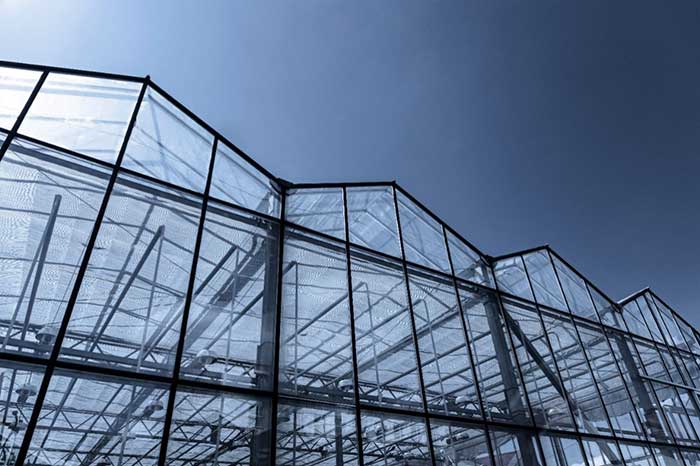
Sustainability
Consumer and industry awareness of sustainability is growing within the building industry. Due to its energy-balancing properties, glass is key to helping reduce both heating and cooling costs, as well as contributing towards achieving globally recognised green building program certifications.
Solar protection
When you need plenty of natural daylight but want to reflect a high proportion of the sun’s heat – the answer is solar control glass. It can reduce the ‘greenhouse effect’ that can occur in summer when rooms overheat and become unpleasant. Solar control glass helps limit this, while letting natural daylight in and reducing uncomfortable glare from the sun.
Solar control glass enables you to build with light in a variety of colours and can even be combined with laminated glass to provide increased safety and security.
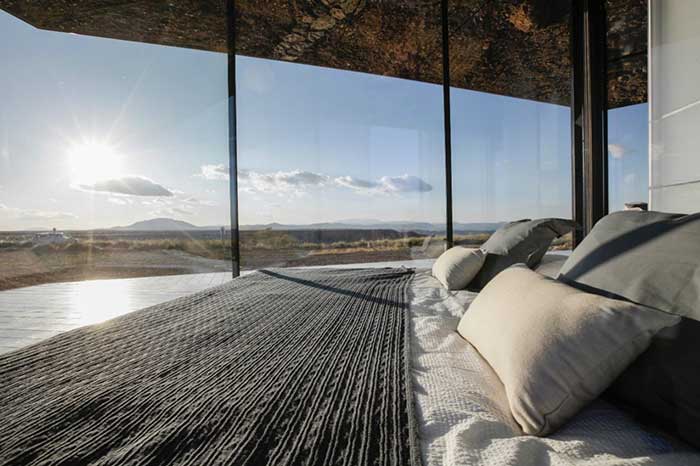
Financial and sustainable benefits
Solar control glass minimises the amount of heat energy transmitted through the glass, helping to limit the high costs of air conditioning. Large window and facade surfaces also allow plenty of light to reach deep into the building’s interior, therefore, avoiding excessive use of artificial lighting.
Noise control
As urban areas develop and expand, noise pollution can become a real problem in buildings. Too much noise can damage health and wellbeing: sleep can be disrupted, stress levels may increase, and some people could suffer from a lack of concentration at work. Noise can be reduced so that people can be more comfortable in their living and workspaces.

Acoustic insulating glass
Acoustic insulating glass combines noise reduction with all the benefits of laminated safety glass, namely increased security, safety and UV protection. Other features such as solar control, thermal insulation or decorative effects can also be added. To reduce noise between rooms inside a building, acoustic insulating glass is often used in partitions, doors and windows.
Safety
We all want reliable products that are safe to use. Glass is often also laminated to protect people from glass breakage. This laminated safety glass can be used in many different ways to provide increased impact resistance, enhance safety and security, and even offer UV protection.
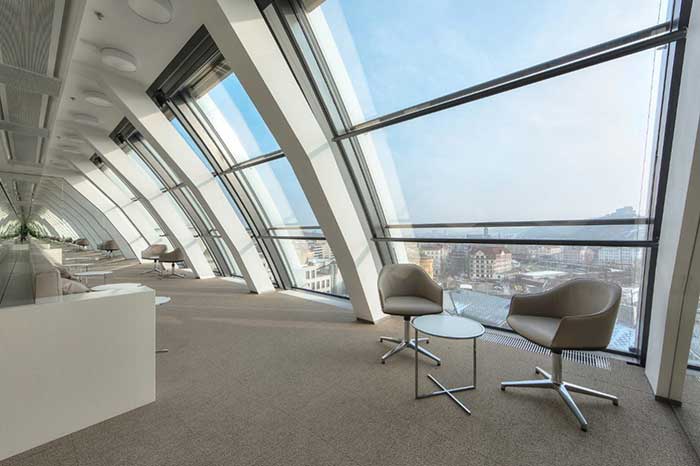
Heat treated glass
Glass can also be heat treated to give it increased safety features. Tempered (toughened and heat treated) glass is used when high strength, thermal resistance and safety are crucial. Tempered glass provides an additional safety characteristic, as it tends to break into small, circular pieces rather than large, jagged shards.
Aesthetics
Every glass project is unique, and the level of reflection, light transmission or privacy varies. Whatever you need, glass can help you make it possible – from almost invisible transparent glass for stunning clarity and outstanding views, or translucent glass to create the perfect blend of privacy and light transmission.
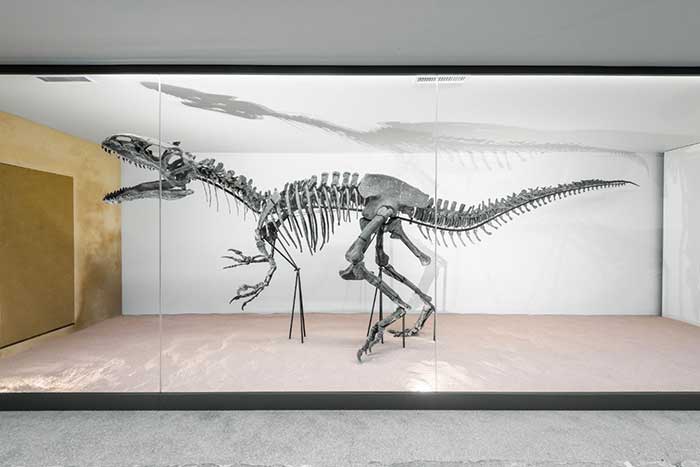
Transparency
If it’s transparent glass you need, Guardian Glass can help. Many interior and exterior projects need crystal-clear transparent glass with reduced reflection. Our anti-reflective glass can be almost invisible, combining function and beauty to maximise visibility and minimise light reflection, for a virtually perfect and distortion-free viewing experience.
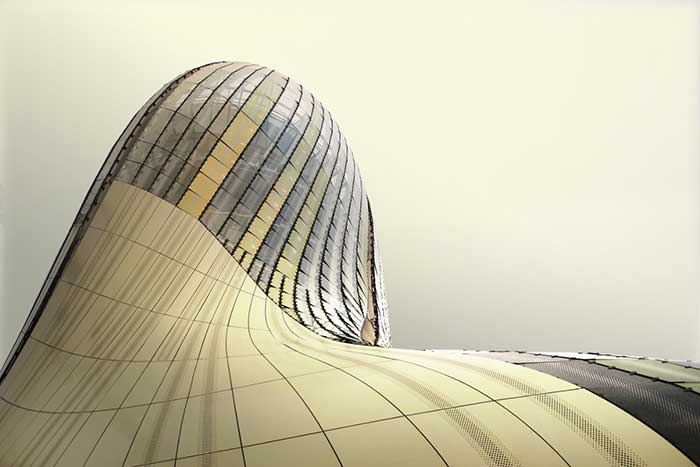
Colour and reflection
Glass can bring colour and reflection to any environment, creating decorative effects that add a new dimension to interior design or building facades. If you need a glass facade to have a distinctive appearance, then internal and external reflection, use of colour, and changes in these properties in different light conditions can make the overall aesthetic beautifully complex.
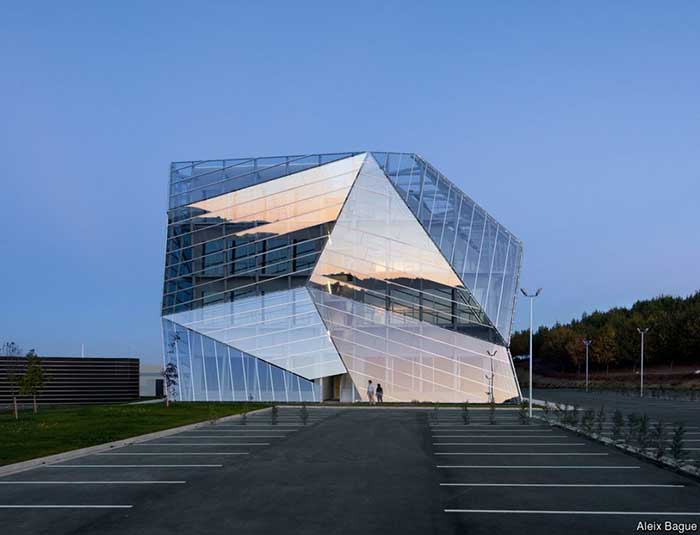
Different shapes and sizes
At Guardian, we are constantly developing products that satisfy and even exceed the demands of modern architecture, all to help push the boundaries of what’s possible. We can provide almost invisible glass for curved building envelopes with coatings that remain stable and secure. Glass can also be created in large panel sizes today, offering even more freedom to innovate and design something unique and striking.

